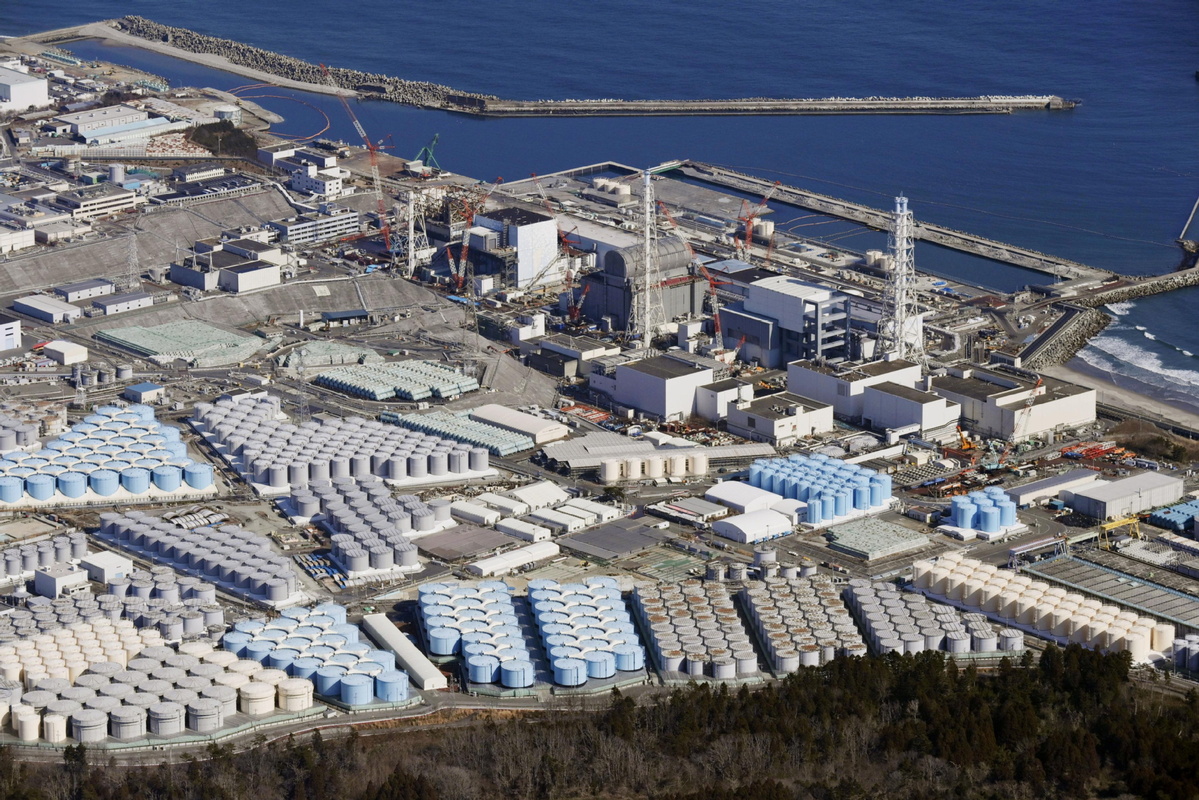US lifts all Japanese food import restrictions
By WANG XU in Tokyo | China Daily Global | Updated: 2021-09-23 09:24

Despite lingering concerns over food quality, Japan's Ministry of Agriculture, Forestry and Fisheries said on Wednesday that the United States had lifted all restrictions on food imports from Japan following the 2011 Fukushima nuclear disaster.
The announcement came one day before Japanese Prime Minister Yoshihide Suga's departure to Washington in what will likely be his last overseas trip as prime minister. Suga will be in the US from Thursday to Sunday to attend the Quadrilateral Security Dialogue summit.
The lifting of restrictions marks a big leap forward following years of efforts by former Japanese prime minister Shinzo Abe and then Suga to revitalize the region through food safety and promoting its exports.
"It is a move that people in the disaster-hit areas have been waiting for, and something that will greatly contribute to the recovery of those places. Japan welcomes this step very much," wrote Suga on Twitter on Wednesday, adding that the Japanese government "needs to continue its efforts in order to have similar import restrictions lifted in other countries and regions as well".
This means that US restrictions on 100 agricultural products, including rice, mushrooms, edible wild plants and leafy vegetables produced in the Fukushima prefecture and some other products from 13 other prefectures, have been lifted.
The US is the third-largest importer of Japanese farm and food products, and Japan's agricultural ministry hopes the US' decision "will have a great impact on other countries and regions". In 2020, Japanese exports of farm products and food to the US totaled $1.09 billion.
Ongoing efforts
Since the 2011 meltdown of the Fukushima Daiichi nuclear power plant following a massive tsunami and earthquake, 55 countries and regions had placed restrictions on the imports of Japanese farm and food products over fears of potential radioactive contamination.
That number dropped to 14 after the US lifted its restrictions, but the Japanese government is still trying to persuade some of its major importers, including China, its largest importer, and South Korea, its fifth-largest importer, to lift their restrictions on its products.
Japan still forbids a number of its food products to be shipped overseas. In February, radioactive cesium five times above permitted levels had been detected in black rockfish caught near Fukushima.
























